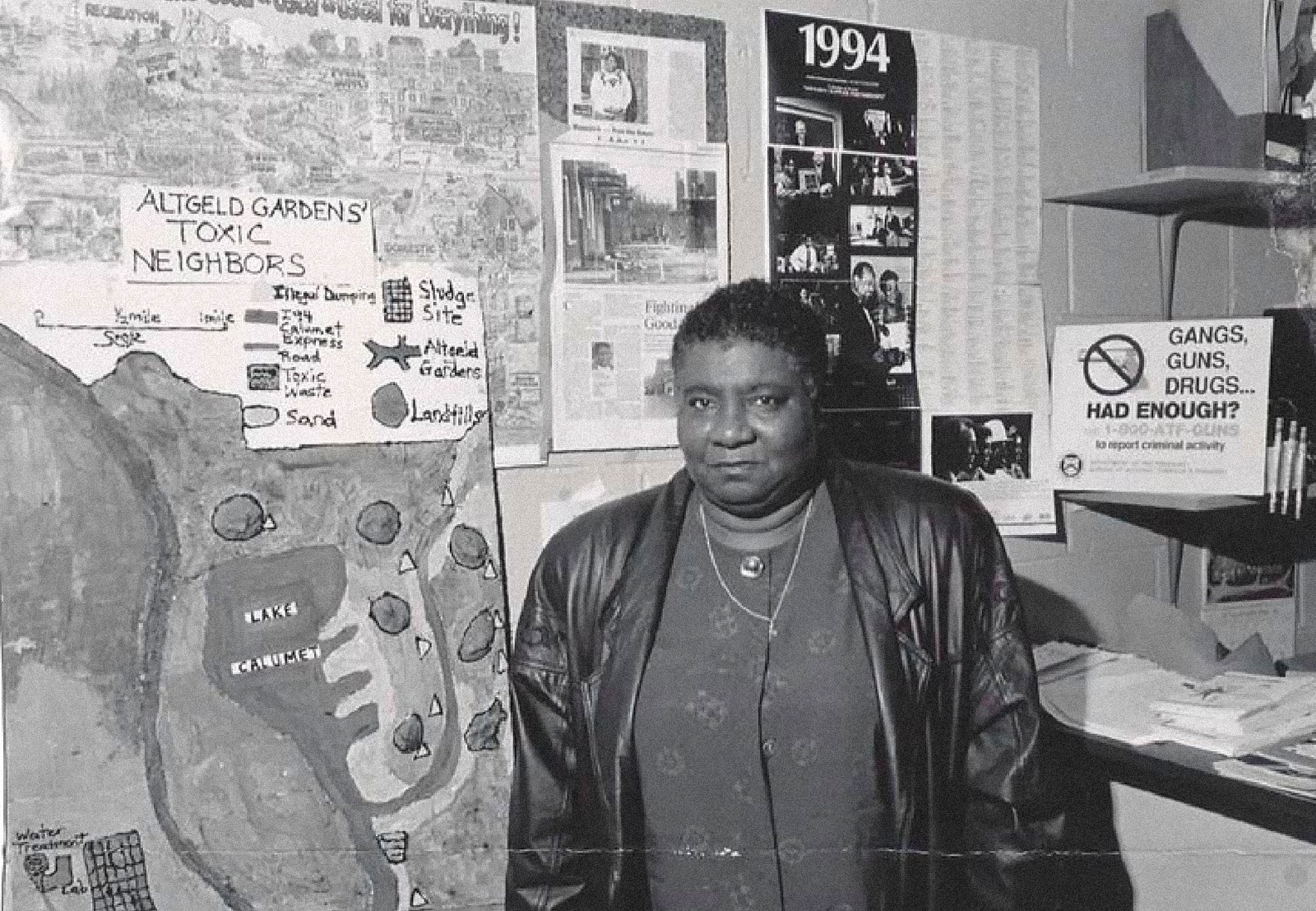Hazel M. Johnson’s Legacy
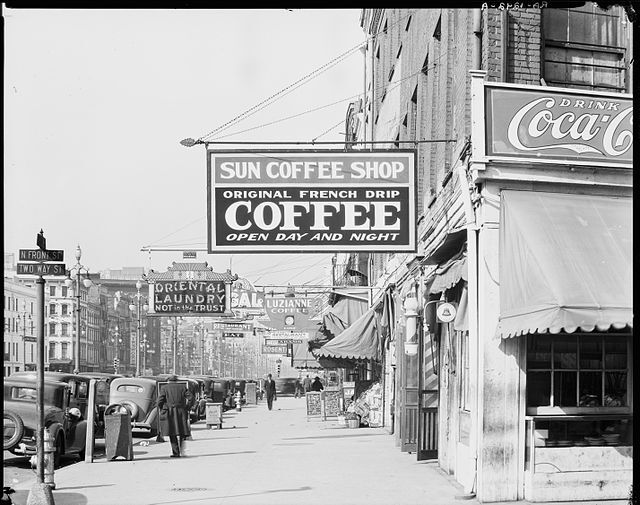
Hazel Johnson was born Jan. 25, 1935 in New Orleans, Louisiana, in a region of the country now known as “Cancer Alley” due to local health impacts from the chemical industry. Hazel was the oldest of four. She was the only child in her family to survive past her first birthday. By the time she was 12, both of her parents had also passed away. Hazel met her husband John Johnson in her late teens and the newlyweds moved to Chicago in 1955. There, she got involved in grassroots activism against housing segregation.
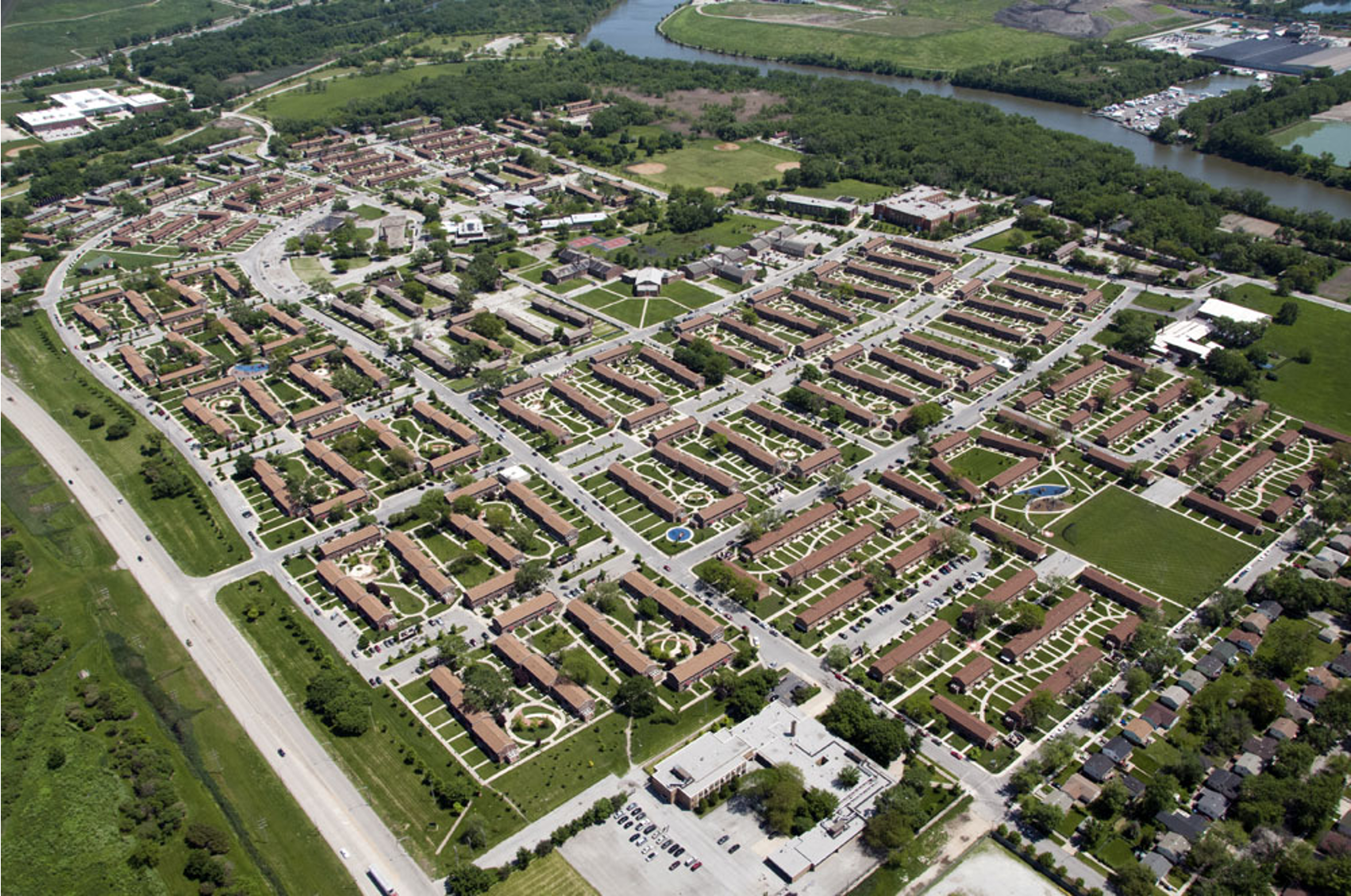
After visiting her brother-in-law in Altgeld Gardens, Hazel fell in love with the vast neighborhood. She and John moved their family there in 1962. Hazel routinely organized field trips and block parties for all of the neighborhood kids, earning the nickname “Mama Johnson.” Their idyllic life took a turn in 1969 when John was diagnosed with lung cancer and died weeks later at just 41 years old. Doctors could not explain John’s case given he had very few risk factors for lung cancer. Hazel later heard from neighbors experiencing cancer and other lung ailments like asthma; mothers in the neighborhood had children with birth defects or high rates of miscarriages. Hazels' own children suffered from skin and respiratory illnesses since moving to Altgeld.
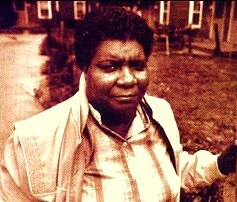
Shortly after founding People For Community Recovery to address tenant issues, Hazel discovered her community had the region’s highest cancer rates. Her hunch that someone was amiss was confirmed. “I was stunned and angry,” she told the Chicago Tribune in 1995. “I decided to make it my mission not only to find out what was really going on but also to do something about it.” Johnson began investigating the environmental conditions of her neighborhood. She learned that Altgeld Gardens “lay in the center of a 14-square-mile ring of pollution stretching from Chicago’s Southeast Side to Northwest Indiana,” housing more than 50 landfills, a chemical incinerator, a water and sewage treatment facility, steel mills, paint factories, scrap yards and abandoned industrial dump sites. Altgeld Gardens itself was built over a former industrial waste dump.
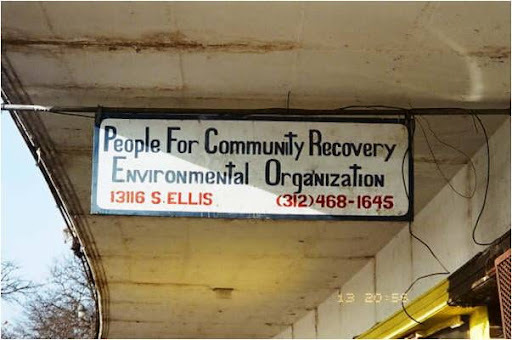
Hazel was armed with knowledge on the health issues related to the environment and determined to act. She shifted the focus of PCR’s efforts to reducing or eliminating the environmental hazards surrounding her community, which she coined “the toxic donut.” In 1982, PCR officially incorporated as a not-for-profit organization, with Hazel Johnson serving as president and executive director. During the next several decades PCR would wage the environmental justice war on multiple fronts and secure key victories for Altgeld residents: extending water and sewage service, a new health clinic, asbestos and PCB removal, lead abatement, and a moratorium on new or expanded landfills in Chicago.
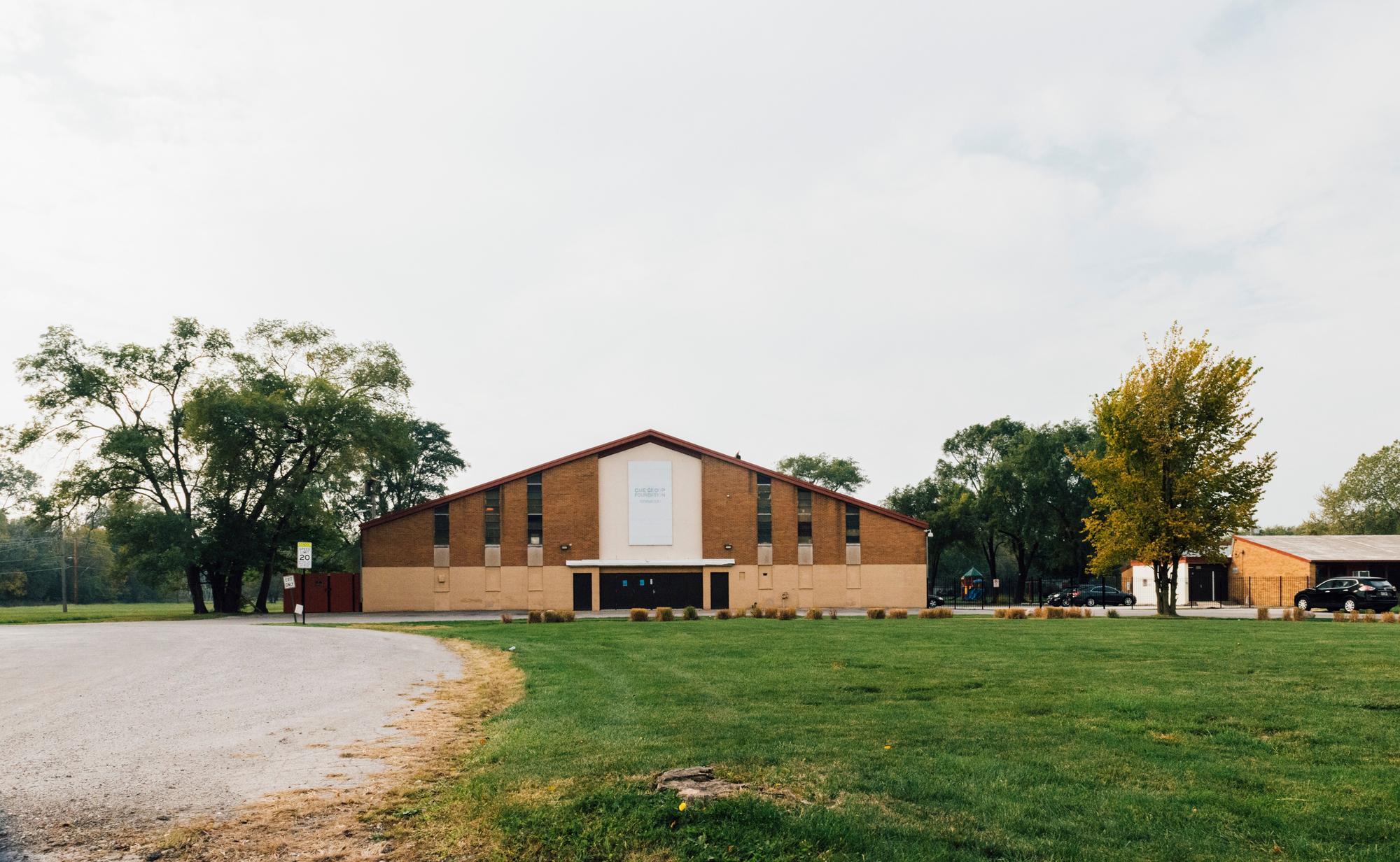
Johnson also mentored college students and young activists who would form the next generation of the Environmental Justice movement. In the mid-1980s, she helped Barack Obama, then a fledgling community organizer, gain traction with residents over the fight to remove asbestos from Altgeld Gardens. Johnson also led environmental bus tours for DePaul students and later collaborated on a film on environmental justice produced for the Knights of Peter Claver and U.S. Conference of Catholic Bishops. Most importantly, Hazel mentored the next generation of leadership within PCR. Cheryl Johnson, Hazel’s daughter, worked alongside her mother from the beginnings of the organization and now serves as PCR’s executive director.
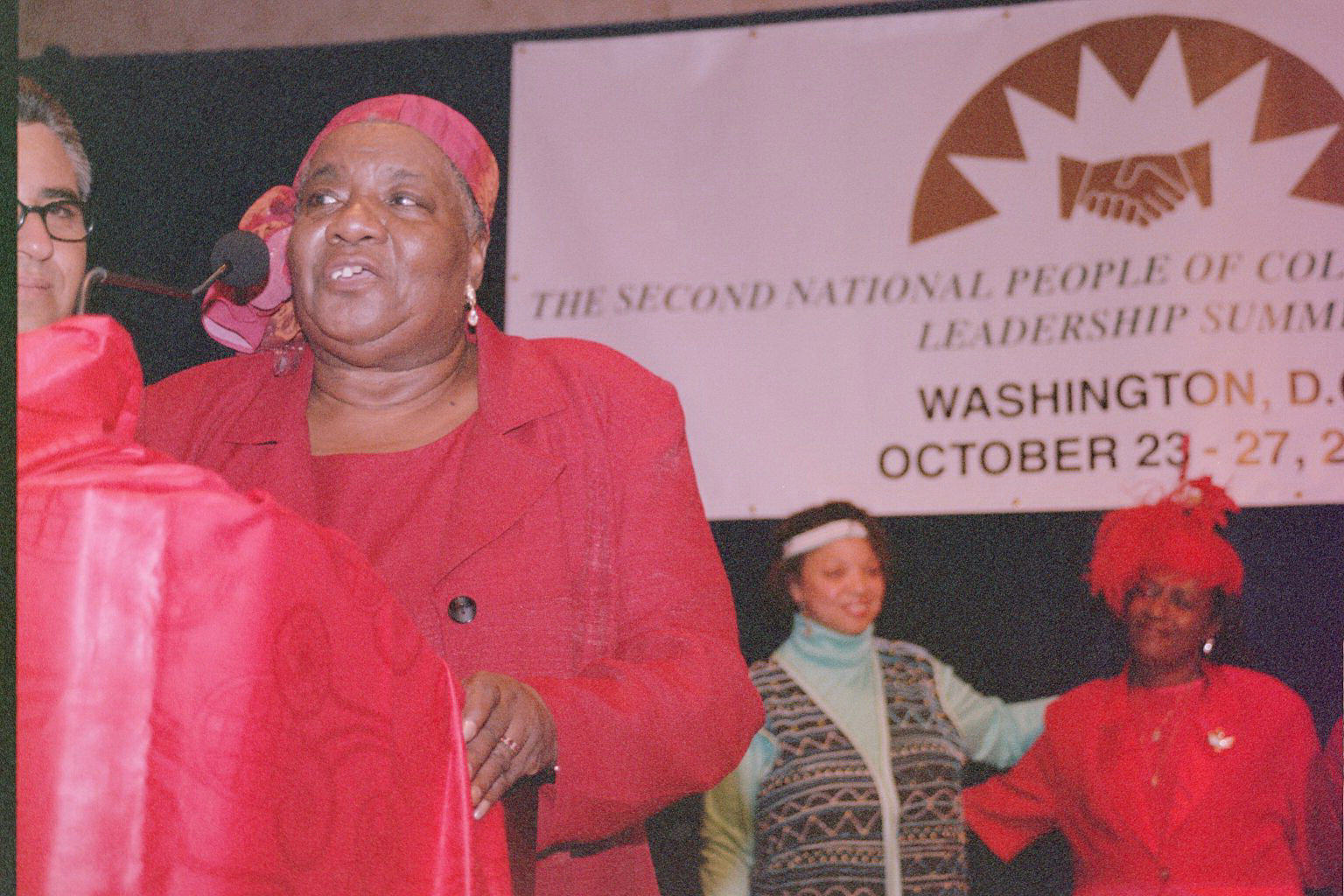
At the first National People of Color Environmental Leadership summit in Washington, D.C. in 1991, Hazel was a featured presenter and spoke powerfully about her community’s struggle with environmental racism. She also worked with her peers from communities across the country to create the 17 Principles of Environmental Justice, a guidepost still used by organizers today. After the summit, Johnson emerged as a national leader and was christened “the mother of the Environmental Justice Movement.” She was later honored at the group's second summit.
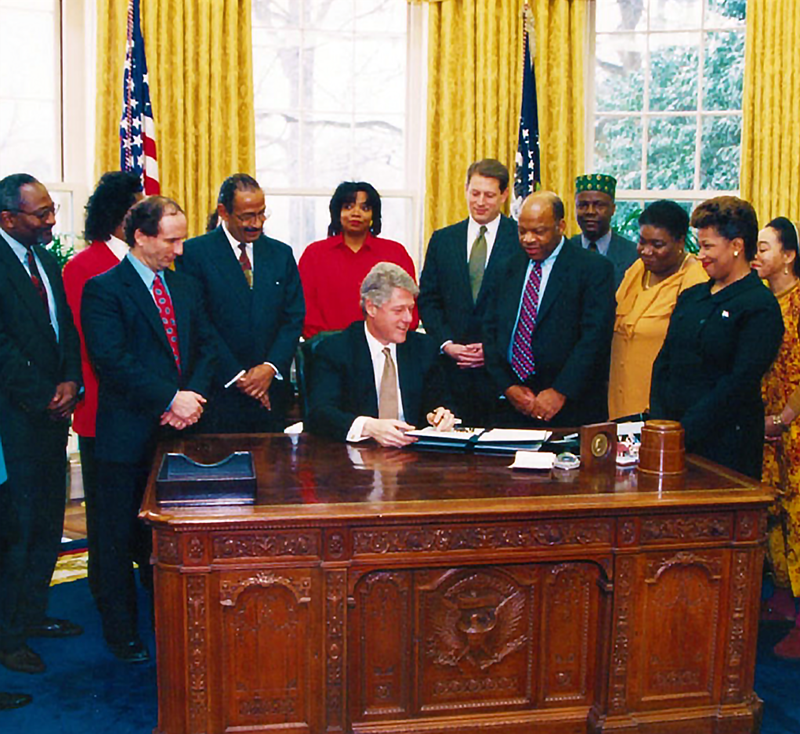
In 1994, Johnson was invited to witness the signing of Executive Order 12898: Federal Actions to Address Environmental Justice in Minority Populations and Low-Income Populations. It was a day to celebrate. Johnson fought hard for measures in the legislation that carve out resources for environmental justice communities. Two years later, President Clinton honored PCR as one of the country's top-100 environmental groups.
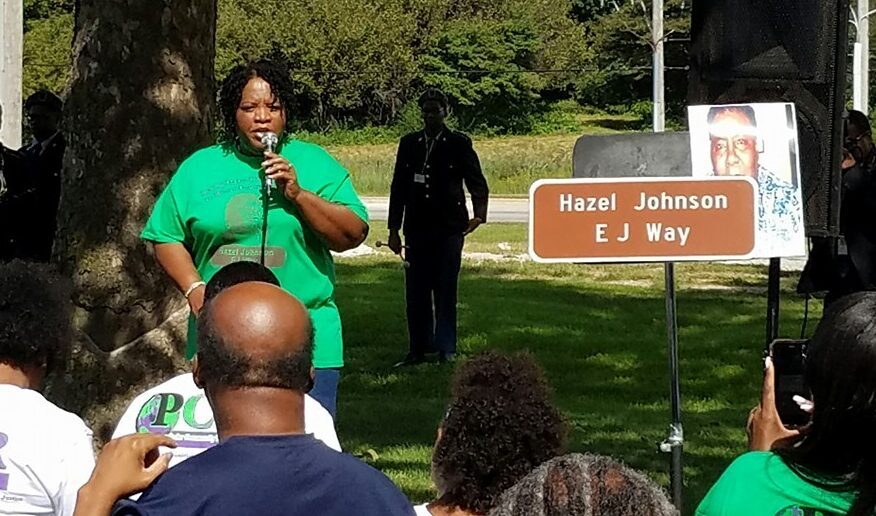
On January 12, 2011, Johnson died as a result of congestive heart failure. Later in 2015, the Illinois General Assembly named 130th Street from the Bishop Ford Freeway to State Street “Hazel Johnson EJ Way” to commemorate Johnson’s legacy. The sign can be seen as a beacon when entering and exiting Altgeld Gardens. In 2021, Congressman Bobby Rush introduced federal legislation to honor Hazel’s work by designating April Hazel Johnson Environmental Justice Month, creating a commemorative postage stamp and awarding her a posthumous presidential medal of freedom.
Honoring Hazel's Legacy
More than 40 years ago, PCR founder Hazel Johnson set out to address environmental and health concerns in her neighorhood. She ultimately helped launch a national movement. Today, her legacy lives on through PCR’s work as we continue to fight for better conditions for south side residents and work for just and equitable solutions to the climate crisis. Hazel recognized the importance of building community power and working across issues. That's why PCR continues to invest heavily in community leadership development and supporting allies across issues in our collective fight for justice and liberation
At People for Community Recovery we're continuing Hazel's environmental crusade. Since its inception under her leadership, PCR has been creating space for communities to come together and work to address environmental racism, ensuring all are represented at the tables of power, regardless of race or economic status.
We're taking Hazel’s legacy to the next level. This work must be intersectional. Its leaders must be those of us who face some of the most difficult environmental and economic circumstances across the state. So we're educating and organizing residents on Chicago’s far south side around the issues that affect us most: environmental justice, affordable housing, economic equity and community health. As the global climate crisis grows, those in frontline communities must demand and take on leadership now more than ever.
Help This Garden Grow is a new podcast docuseries telling the story of Hazel Johnson, a visionary of the Environmental Justice movement and a resident of the Altgeld Gardens community on the far South Side of Chicago. Hazel is the founder of People for Community Recovery, a 40 year-old organization that fights to address the toxic industrial pollution that has been killing the members of her community. Over the course of the multigenerational multipart documentary, hosts Damon Williams and Daniel Kisslinger talk with organizers, policy- makers, historians, and community members about how PCR emerged and led, the legacy of Ms. Johnson's work, and how this marginalized Chicago pocket built the lineage of today's vibrant, impactful, and necessary modern environmental justice movement. Help This Garden Grow is presented by Respair Production & Media, Elevate, and People for Community Recovery.
Available on all podcast streaming platforms.
Donate
Your donations help PCR continue Hazel's legacy, building grassroots power for enviornemtnal justice and promoting community-based solutions to the climate crisis.
